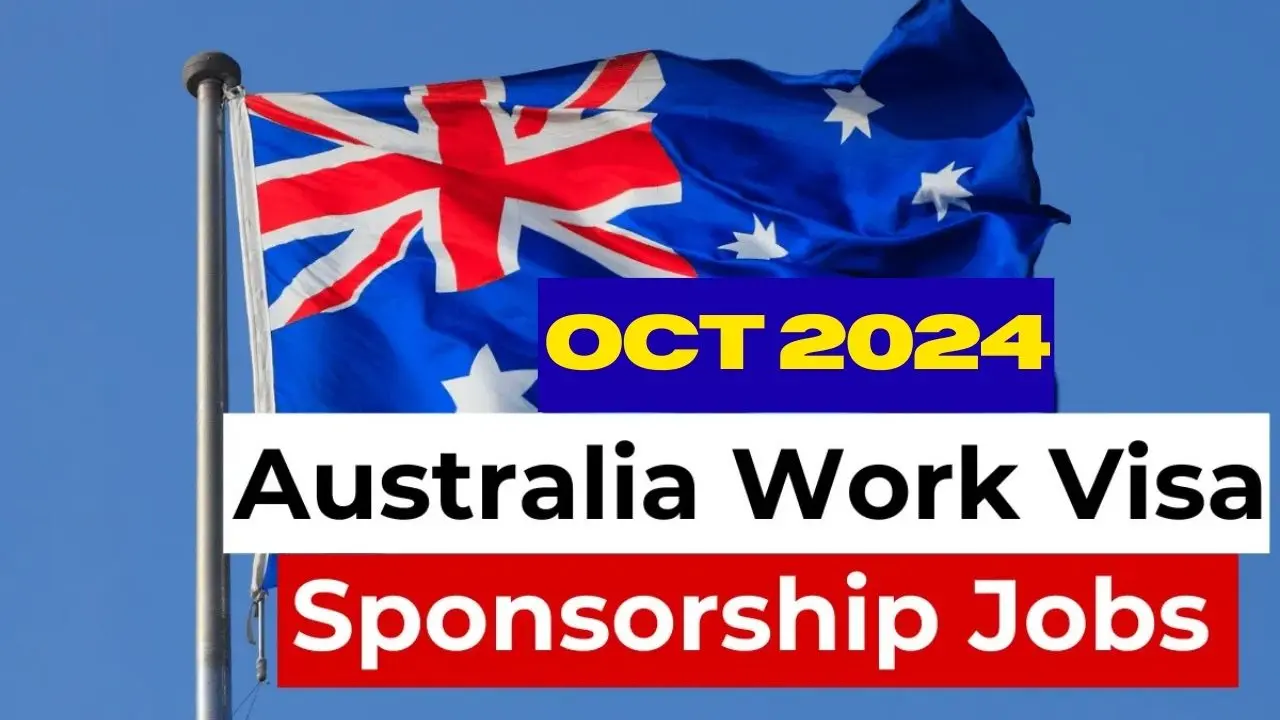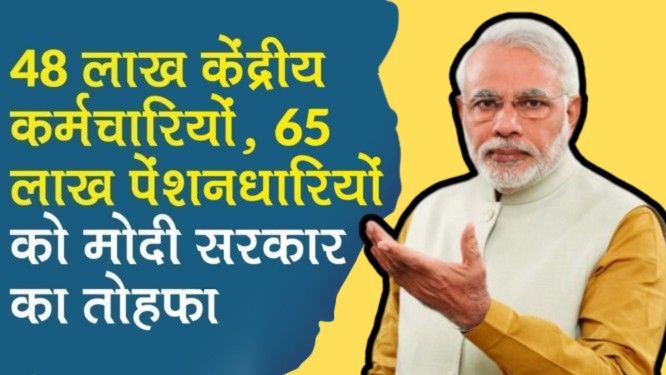In Australia, foreign workers often encounter difficulties with the immigration rules of the country. The good news, however, is that Australian businesses seek foreign workers to fill up their labor shortage. One great opportunity for foreigners is the Temporary Skill Shortage Visa (subclass 482) under which foreign workers can take up work legally in Australia.
Three Major Employer-Sponsored Visas in Australia
There are three major employer-sponsored visas in Australia: the Temporary Skill Shortage visa, the Employer Nomination Scheme visa, and the Regional Sponsored Migration Scheme visa. The TSS Visa permits foreign workers to stay in Australia for up to four years. The ENS has permanent residency support while the RSMS focuses on the regional areas.
Temporary Skill Shortage Visa Subclass 482
The TSS Visa has two streams: short-term and medium-term streams that go for as long as four years. It is also possible to add family members to the application, and those who get a long-term visa are likely to end up with permanent residency after four years.
Work Visa Subclass 482 Eligibility Conditions
An approved employer must recommend an applicant for a skilled job and the applicant has to be two years of experience, right English, good health, and good character. Tests for language proof include IELTS or TOEFL.
Foreign Workers Sponsored by Australian Companies
There are some Australian companies that sponsor foreign workers; however, the applicants have to pass the selection process and fulfill all the requirements for the respective job: BHP Billiton, Rio Tinto, Qantas, Commonwealth Bank.
How to Get a Job in Australia
Check your eligibility, research the job market, and tailor your resume for each application. Networking and using job boards can improve your chances.
What Happens After You Apply?
The process includes phone and in-person interviews, skill tests, and receiving a job offer. Visa approval follows with a work contract.
Benefits and Challenges
Good pay, working conditions, career growth, and high living standards characterize employer-sponsored visas, although language barriers and visa costs pose challenges to acquiring these visas.




